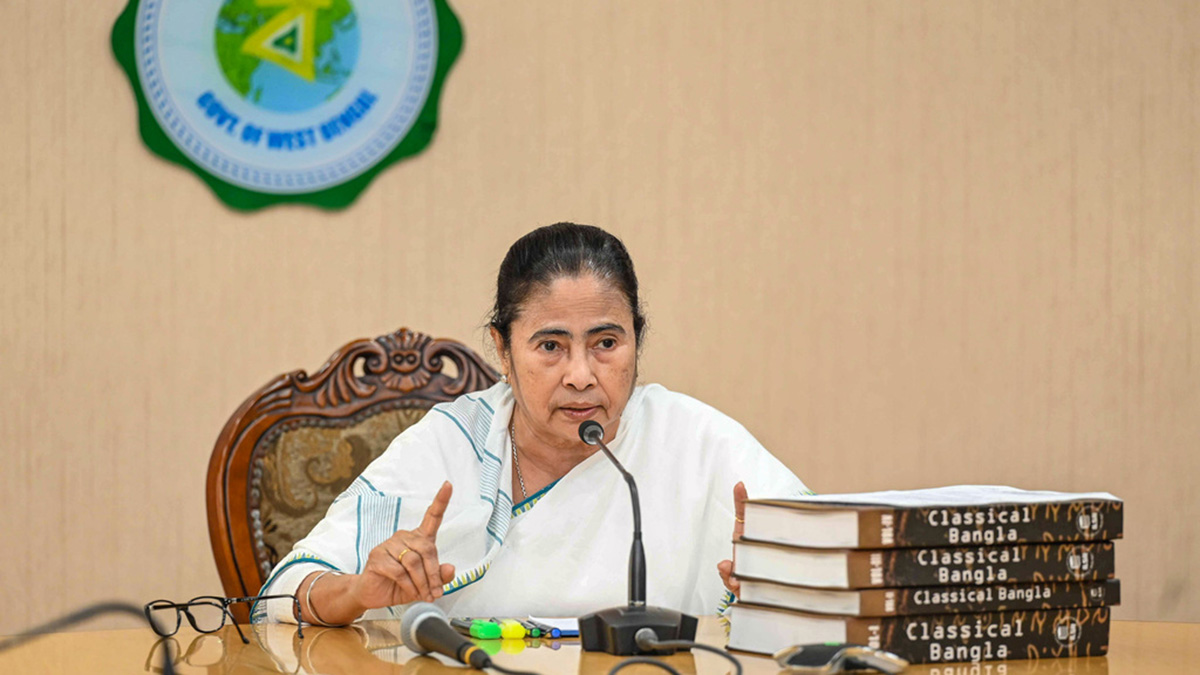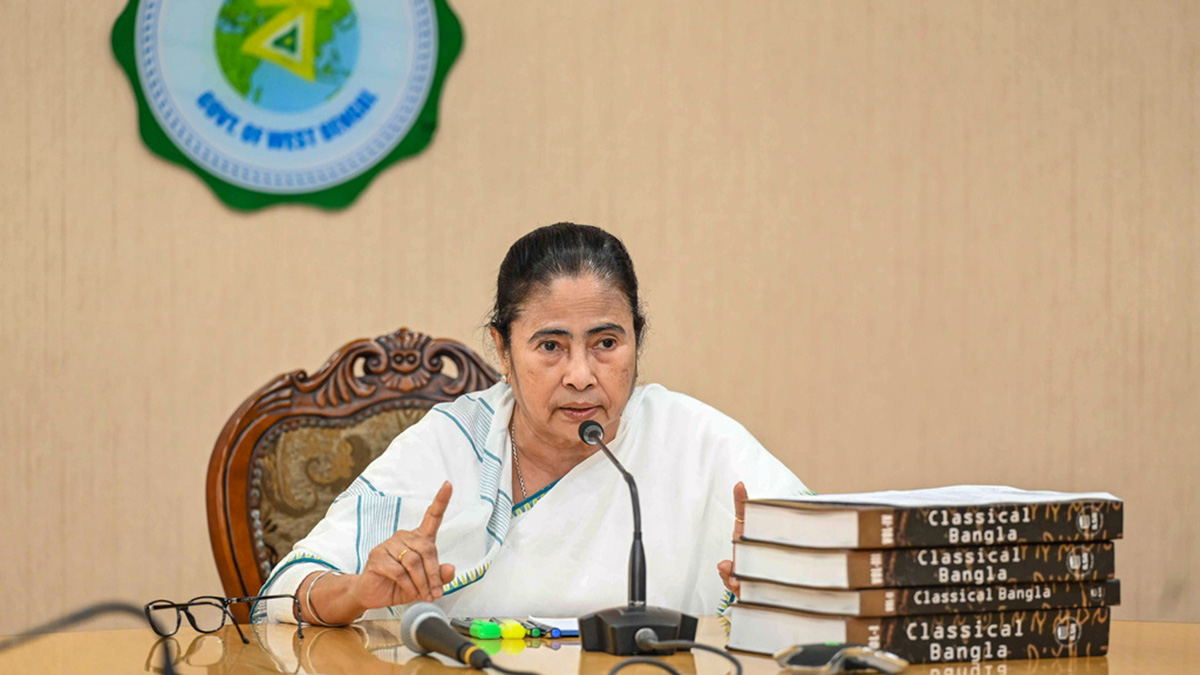A Facebook post said it all. “Alu (potato) in Bhubaneswar Museum! Tickets: Rs 10 for adults, Rs 5 for children (free for infants). Special Attraction; Pay Rs 100/ and you can actually touch and feel the alu. It will be guarded round the clock by Black Cat commandos,” posted Sandeep Jena on the popular social networking site on Sunday night.
While the rest of the country is shedding tears over onion prices, people in Odisha, having already shed plenty of tears over onions, Cyclone Phailin and floods, are now having the novel unique experience of crying over potatoes of all things. At last count, the mandatory item in the average Odia’s menu was selling for Rs 80 a kg (yes, you heard it right) - if it was available in the first place.
On Sunday morning, people were seen lined up in long, serpentine queues in front of the few government-run Udyan Fresh and Maitree outlets in the state capital Bhubaneswar and premier commercial hub Cuttack selling potatoes at Rs 22 a kg. But the problem was: most such outlets ran out of stock before everybody in the queue got their ‘quota’ of one kg. “All that I got was 425 gms of it. What do I do with it?” asked a man outside a shop in Bhubaneswar.
On Friday evening, potato prices went through the roofs, reaching Rs 80 a kg, at Chhatra Bazaar, the biggest vegetable hub in Cuttack. By Saturday morning, potato had altogether vanished from the Capital Haat, the biggest vegetable market in Bhubaneswar. The worst part is the crisis that has already lasted a week is showing no signs of being over in the next few days.
How exactly did this unprecedented state of affairs come about?
If the Naveen Patnaik government is to be believed, Mamata Banerjee is the villain of the piece. By refusing to allow potato laden trucks to cross over to Odisha despite a personal request over phone by the Odisha chief minister, Didi has inflicted the potato famine upon the state, goes the refrain.
Taken in by this spin put on the crisis by the state government, angry traders in Balasore on Sunday did not allow fish-laden trucks from Andhra Pradesh bound for West Bengal to cross the Odisha border in an apparent act of retaliation.
But not everybody is impressed by the Naveen Patnaik government’s efforts to put the blame on Mamata. “As chief minister, it is her duty to make sure that her people continue to get potato at a reasonable price and in sufficient quantities. Why would she put the interests of her people in jeopardy just to play the good neighbour?” asks eminent economist Natabar Khuntia. Instead of preventing fish trucks from going over to West Bengal, the people should be asking their own government what it has done to raise potato production in the state, Prof Khuntia says.
While the Odisha government’s claim that the current potato crisis is the result of West Bengal putting an embargo on export of potato from the state is not without basis, what it conveniently hides is its abject failure to anticipate the impending crisis and to act with alacrity when it inevitably arrived. Even as late as Friday, when the man on the street was desperate for some potato, Food Supplies & Consumer Affairs minister Pratap Kehsari Deb was presiding over a meeting on paddy procurement instead of identifying alternative sources of supply.
When good sense finally prevailed on him, he found that potatoes from Uttar Pradesh, the biggest producer of the tuber in the country, and Bihar would take at least three days to reach Odisha. What it effectively means is that the crisis is not going to end before Wednesday - and that too if things don’t go wrong as they did in the case of the neighbouring state.
Health minister Damodar Rout, once known for his gift of repartee, rubbed salt on the injury of the people reeling under the impact of the potato crisis with a grossly ill-timed and utterly insensitive comment. “Has anybody ever died because he did not eat potato?” asked the voluble minister. He ended up with egg on his face the very next morning when Naveen himself accepted the crisis as ‘serious’.
Traders and market analysts say Odisha is paying the price for putting all its eggs in one basket: West Bengal. While Odisha consumes 9.12 lakh tons of potatoes a year, it produces no more than 2.01 lakh tons of it. The shortfall of 7.11 lakh tons is met with imports from outside, almost all of it from West Bengal, the second largest producer of potatoes in the country after Uttar Pradesh. With its near-total dependence on West Bengal, the Odisha government did not know what hit it when Didi enforced the ban on potato export from her state.
The contrast with the neighbouring state could not have been starker. While West Bengal accounts for nearly 30% of the total output in the country, Odisha’s share in the national output is a minuscule 0.48%. Even as potato production in West Bengal leap-frogged from 54 lakh tons in 2009-10 to 99 lakh tons in 2010-11, Odisha’s output plunged marginally during the same period despite a larger area under cultivation. As against over 300 cold storages in the neighbouring state, Odisha has no more than 20 - of which not more than 3-4 are functional at any given time.
Sudhakar Panda, secretary of Odisha Byabasayi Sangha (Traders’ Association) blames the lack of foresight on the part of the government for the present crisis. “Had the government promoted production of potato in the state, the people of the state would not have faced such a situation,” he says.
But why on earth would a government think of potato production of all things when all that it has worried about in the last 13 years is industrial production (production of MoUs, to be more precise)?


)




)
)
)
)
)
)
)
)